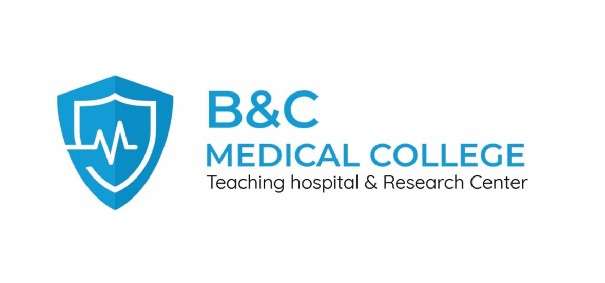In a landmark decision, the Supreme Court of Nepal has ordered the concerned authorities to grant affiliation to B&C Medical College and Teaching Hospital, paving the way for the institution to commence MBBS classes. This ruling comes after a prolonged legal battle and signifies a significant development in the realm of medical education in Nepal.
B&C Medical College, located in Jhapa district, had been embroiled in a legal dispute regarding its affiliation status for quite some time. However, the recent verdict from the Supreme Court has brought clarity and resolution to the matter. The decision mandates the authorities to facilitate the affiliation process, allowing the college to offer Bachelor of Medicine, Bachelor of Surgery (MBBS) courses.
The journey towards this pivotal moment has been arduous for B&C Medical College. Initially established with the vision of contributing to the healthcare sector by producing competent medical professionals, the institution faced numerous challenges in obtaining official recognition and approval to run MBBS programs. Despite meeting the necessary infrastructure and faculty requirements, bureaucratic hurdles and regulatory complexities impeded its progress.

Durga Prasai, the owner of the college, is known to have strong connections with Prime Minister K.P. Sharma Oli and Pushpa Kamal Dahal, the leader of the CPN (Maoist Centre). Despite his previous efforts to obtain affiliation through political channels, Prasai faced heavy criticism from various quarters, resulting in unsuccessful attempts.
“Our mission is to promote and improve the health of our people by providing compassionate healthcare
of the highest quality at an affordable cost.” – Mr. Durga Prasad Prasai
He adds, “Initiated by private investment, the hospital binds all the rules and regulations of the Health Ministry of the Nepal Government.”
However, perseverance and determination prevailed as the college management, supported by stakeholders and the wider community, pursued legal avenues to seek justice. The Supreme Court’s directive, delivered after careful consideration of the case, underscores the importance of upholding transparency and fairness in matters concerning medical education.
The granting of affiliation to B&C Medical College holds significant implications for both the institution and aspiring medical students. With the commencement of MBBS classes, the college can fulfill its mission of providing quality medical education and producing competent healthcare professionals. This not only addresses the growing demand for skilled doctors in the country but also enhances access to healthcare services, especially in underserved regions like Jhapa.
Furthermore, the decision reflects positively on Nepal’s medical education landscape, signaling a commitment to meritocracy and adherence to regulatory standards. By ensuring that institutions meet the requisite criteria for affiliation, the authorities contribute to maintaining the integrity and credibility of medical education in the country.
As B&C Medical College prepares to embark on this new chapter, there is optimism and enthusiasm among stakeholders. Students aspiring to pursue a career in medicine now have another reputable institution to consider, while the college administration is poised to uphold academic excellence and ethical standards in its educational endeavors.
In conclusion, the Supreme Court’s decision to grant affiliation to B&C Medical College and Teaching Hospital for running MBBS classes is a significant milestone in Nepal’s medical education sector. It not only validates the efforts of the institution but also reaffirms the principles of fairness and accountability in regulatory processes. As the college prepares to welcome its inaugural batch of medical students, the nation looks forward to the positive impact it will have on healthcare delivery and medical workforce development.









